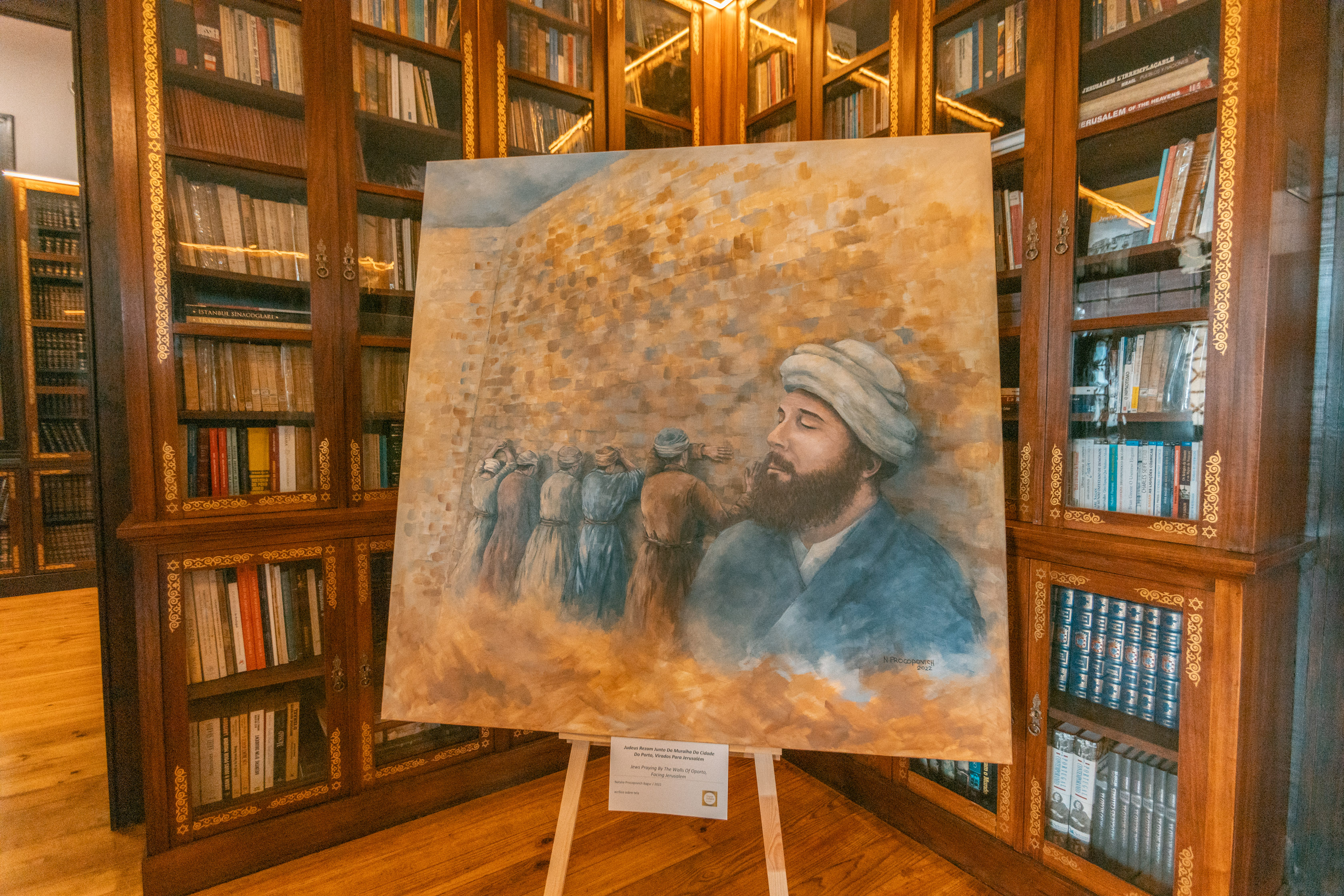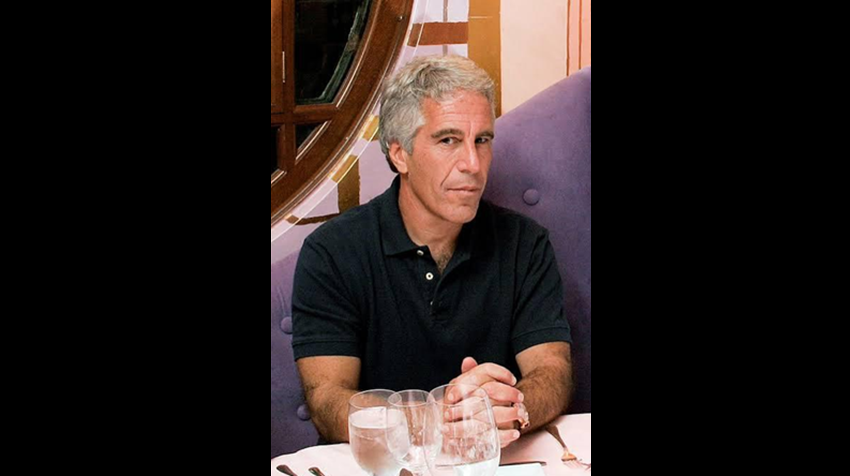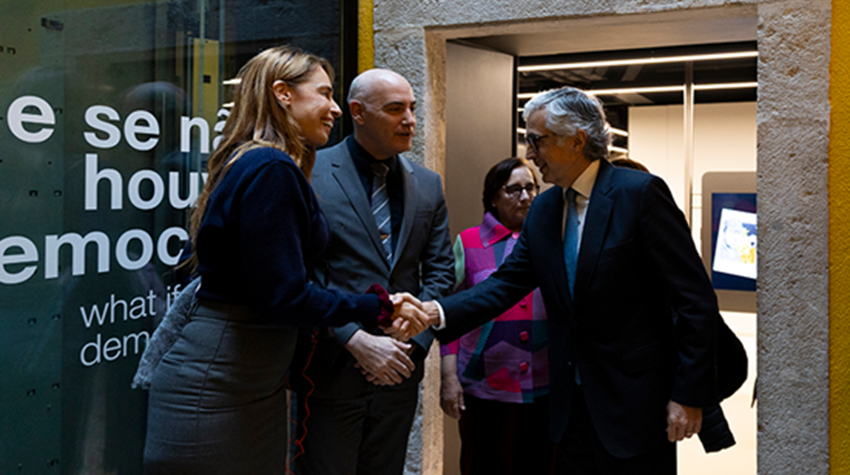The nature and role of the Jewish community of Oporto for centuries before the Edict of Dom Manuel has never been sufficiently studied. Only Captain Barros Basto and his literary successor, Amílcar Paulo, began to shed some light on this existence. The current Jewish Community of Oporto, through its historical research department, has sought to develop this further. In addition, more recent efforts include those of the historians such as Geraldo Coelho Dias, Humberto Baquero Moreno, Elvira Mea, Rui Bressiani Queirós de Faria, and others.
There are few records of Oporto relating to the fourteenth and fifteenth centuries, but the conclusions that result from them are of great importance, for example, regarding their financial contribution to the municipality. Even before the arrival of the Castilians in the city in 1492, in an entourage that included the thirty main families of Castile and many more, the contribution of the Jews of Oporto to the collection of taxes was 38%.
Throughout the Middle Ages, Oporto became an important city internationally. The beautiful Ribeira was a chaotic marina overloaded with small and large boats, most of them owned by Jews. The Jews dominated internal and maritime trade with various countries. The economic and social development of Oporto is demonstrated by the Merchants' Exchange, one of the oldest in Europe. At the same time, Jews from Oporto associated with coreligionists from other nations played an important role in world trade.
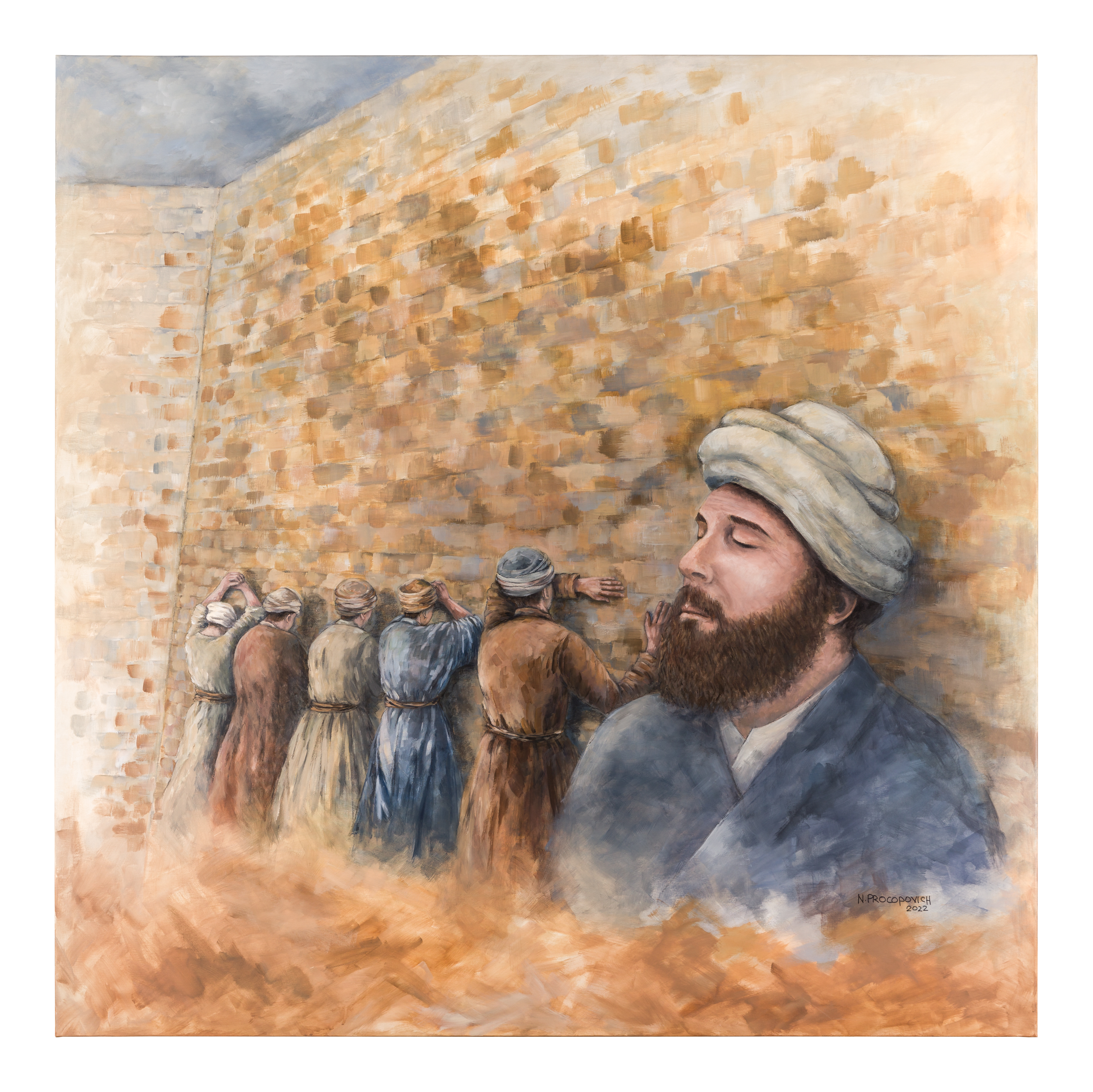
The historian Amador de Los Rios underlines the unstoppable growth of the "rich and flourishing Jewish community in the city of Oporto". This certainly earned it the envy, greed, hatred and slander of most of the mediocre, always animated by the desire to be what they are not and to have what they do not have. To this great evil was added the usual struggles among the Jews themselves. One of the latest works, entitled "Jewish criminality in the reign of Dom João II" by Ana Maria Carvalho Marques, concludes the following: "Most of the accusations against the Jews came from the Jews themselves. Ideally, we imagine that a community constantly ostracized by others, the target of immense persecution, would defend each other. However, the truth is that this does not happen, quite the opposite!"
What was this community after all, always so devalued and attacked by the mediocre in all ages? Politically, the Jewish community of Oporto was hardworking, influential, and linked to the governance of the Kingdom. It was part of the administration of public income, promoted the material comfort of the nobility and prosperity of the city. It combined its entrepreneurial capacity with the mastery of the languages spoken by possible interlocutors from all over the world, including Hebrew, Maghrebian and Arabic.
The professions within the Jewish community multiplied: doctors, lawyers, goldsmiths, merchants, cloth merchants, tailors, silk makers, shoemakers, shop keepers and muleteers, to which were added the shipowners and specialists in foreign trade who lived in Vila Nova de Gaia, on the other side of the Douro River.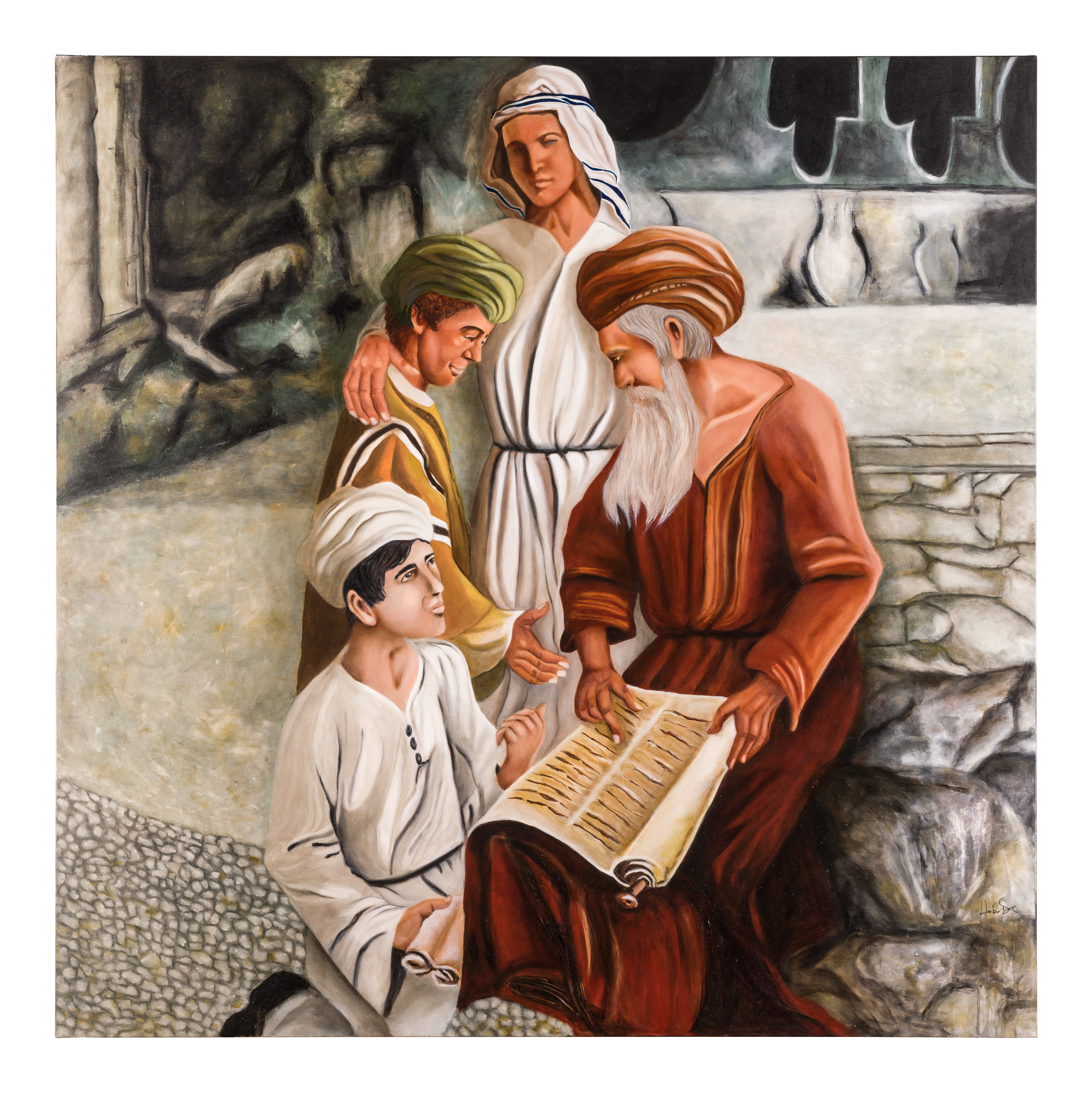
The collection of taxes caused that community to be identified by the lower classes as the most detestable faction of royal oppression. The community had among its members some Jews from the family named Negro, a name that dates back to the first chief rabbi of the kingdom (Yaish ben Yahia, a contemporary and fellow countryman of Maimonides) who was the right-hand man of the first king of Portugal in the foundation of the kingdom.
Although there is no Hebrew literature of the time that can be consulted, which makes it impossible to know the real numbers and Hebrew names of the Jews of Oporto, at least some of their civil names are known. The following surnames are noted with interest: Negro, Bitão, Toledão, Reina Castelã, Arieh, Castelão, Boino, Galego, Aboab, Samsão, Abeacar, Abenzagal, Dourado, Solheiro, Abraão Aben Nunes, Algodixe, Baruch, Barzelai, Calão, Calomão, Campo, Cardinel, Castanho, Cohen, Cordilha, Cumunete, Dara, Franco, Gascon, Moçano, Molfo, Abacotide, Capo, Primo, Sadiaz, Vitória, Zagal, Zarco, Anação, Ananias, Antão, Castão, Aviziboa, Moisés Gatel, Capela, Cete, Cinfana, David Barufel, Lupo, Pharaoh, Fiel Solomon.
There are other surnames of Jews who lived in Oporto: Guedelha, Abeacar, Amiel, Barufel, Banifem, Cardilha, Marcos, Nemias, Odara, Rico, Sarafatim, Samafas, Tovi, Isaías Alvi, Abenzagal, Belfurado, Jacob Farrache, Parente, Polegar, Jacob Rodrigo, Sarafatem, Moçano, Jamila, Adela, Milan, José da Covilhã, José Arrari, Carrião, Coimbrão, José Elí, José Francês, Gabay, Gauto, Jurgilmo, Leão, Peixe, Rodrica, Moatel, Judá, Judas, Lediça, Nataz, Arazi, Meir ben Zaula, Menasem Dourado, Missol, Adaroque, Barca, Avença, Bena, Cano, Castro, Gatel, Santão, Ouro, Rica, Ruivo, Sabibe, Almeida, Aranda, Belfurado, Efraim Francês, Furado, Sem Tob Franco, Adoroque, Sol Adela, Velida, Isaac do Oporto, Isaac de Braga, Isaac de Chaves, Isaac Taborda de Amarante.
Other names are registered by family connections: Abeatar, Aberrocas, Abibe, Aboav, Abulafia, Adida, Alcalay, Alfarim, Aragones, Azecri, Barchilan, Baruc, Barzilai, Beja, Ben Haim, Ben Hayun, Benatar, Ben Hassan, Ben Sasson, Calderon, Camhi, Caro, Cassute, Cohen, Dahan, Danam, Davila, Elmaleh, Fadida, Faray, Franco, Funes, Gabay, Garson, Habib, Hadida, Haim, Harari, Leon, Levy, Machorro, Maimon, Matalon, Medina, Naaman, Nahmias, Navarro, Negrim, Obadia, Saba, Safran, Saltiel, Sarfati, Sequerra, Shalom, Sasson, Toledano, Torigo, Tuvi, Veniste, Verdugo, Vilhedigo, Zarco and others.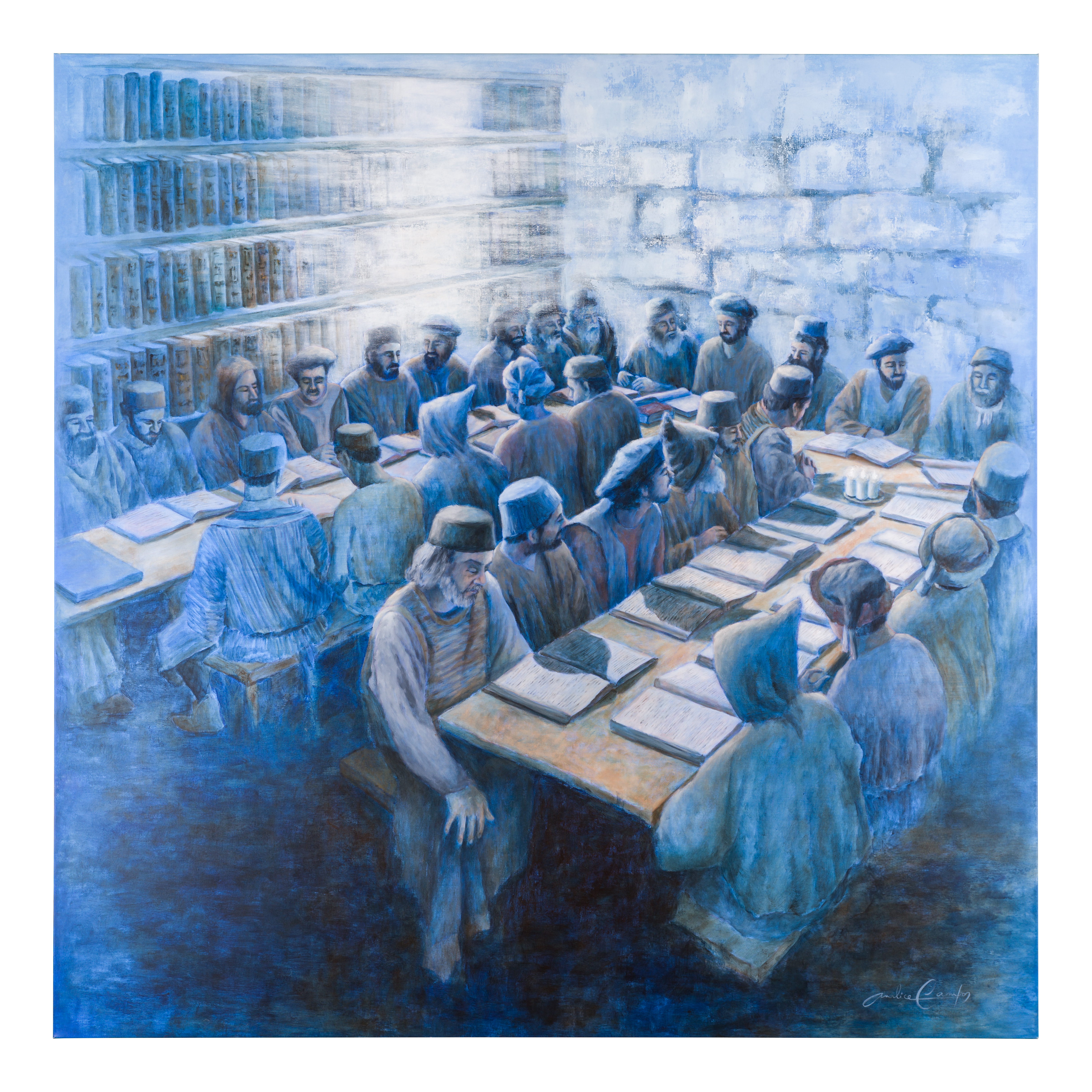
In these lists of secular names of Jews in Oporto, there are names with Hebrew connotations, but above all a large number of Iberian, Portuguese or Spanish names, which proves a centuries-old connection of the Jews to the territory of Sepharad.
A few days ago, the father of Oren Rozenblat, current Israeli ambassador to Portugal, told his son that the family was originally from Oporto and that his grandmother had the surname of Rapaport, who onomastics studies assured was "rabbi of Oporto" (Rav) or "doctor of Oporto" (Rofe). It is therefore interesting to reveal some data about the rabbis and the best-known doctors of that distant time.
Before 1492, the city would have four rabbis at the same time, who depended on the chief rabbi of the kingdom. All of them had the following rights: permission to travel by mule (a kind of driving license), exemption from taxes, and exemption from military service. The names of rabbis in documents are as follows: Rabbi Abraão Boino, Rabbi Salomão Boino, Rabbi Moisés Boino III, Rabbi Judah Ben Menhir, Rabbi Yossef Ben Arieh, Rabbi Manuel Azari, Rabbi Salomão, Rabbi Benjamin III, Rabbi Yosef V, Rabbi José Coimbrão, Rabbi José Rodrica II, Rabbi José Vitória II.
In the meager records in the city, certainly among a much larger number, 22 doctors stand out, such as Mestre Abraão, Abraão Moçano, Dourado II, Isaac I, José II, José III, José Eli, Menassé Parente, Moisés I, Moisés III, Salomão Marcos. The excess of doctors of Jewish origin often caused them unpleasantness throughout Europe and presumably in the city of Oporto as well, when the spread of diseases and epidemics was immediately attributed to the strange neighbors from the East.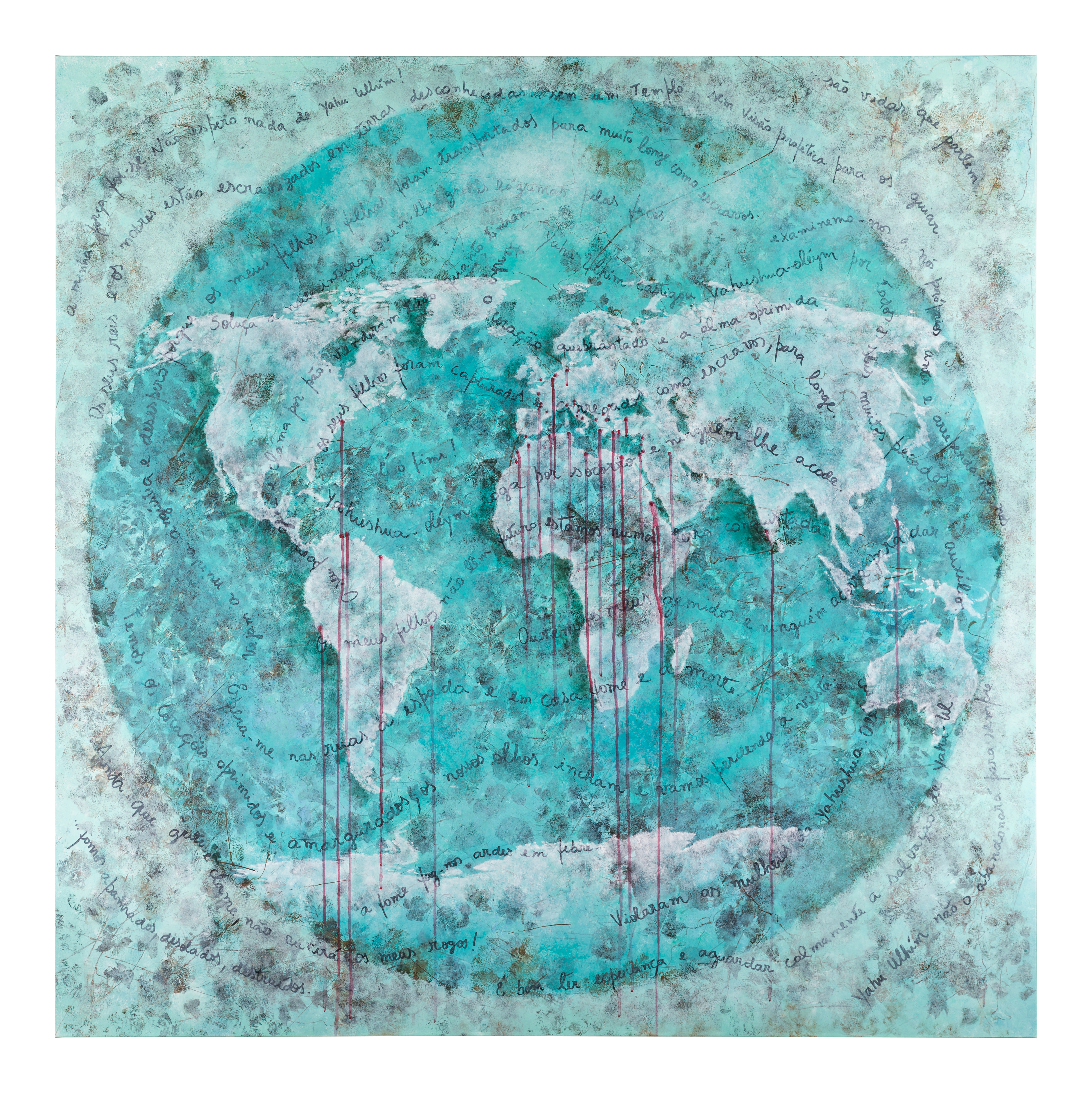
However, it is important to remember that the importance of the Jews in the city began long before this time. Jacob Judeu (doctor in the time of D. Dinis), Jusaf Ben Abassis and Salomão Negro (philanthropists and rich businessmen in the time of D. Fernando), Josef Ben Arieh (Rabbi of Oporto at the end of the fourteenth century), Judá Negro (courtier whose father, David, saved D. João de Castilla from an attack perpetrated by D. Leonor Teles) are some of the most illustrious names of Oporto Jews.
In Oporto, the city that gave its name to Portugal (Portogal), the Jews have played a remarkable role for more than a millennium, and probably two. But what started as a minority, probably became a majority after the arrival of the Spanish Jews. The current Jewish Community of Oporto is making efforts to study the impact of the arrival of Spanish Jews on the city between 1492 and 1497.
By virtue of the Edict of Alhambra, 120,000 Spanish Jews arrived in Portugal, according to Abraham Zacuto, a number that is supported by Damião de Góis, who speaks of 20,000 couples plus children, widowers and clandestines. Alexandre Herculano doubles this number to 250,000 people, but Zacuto's accounting seems more faithful to reality, not least because of the proximity he had with the leaders of the Spanish Jewish community of which he was a prominent figure. He himself officiated at the burial of the last gaon of Castile, Isaac Aboab, in the city of Oporto in 1493.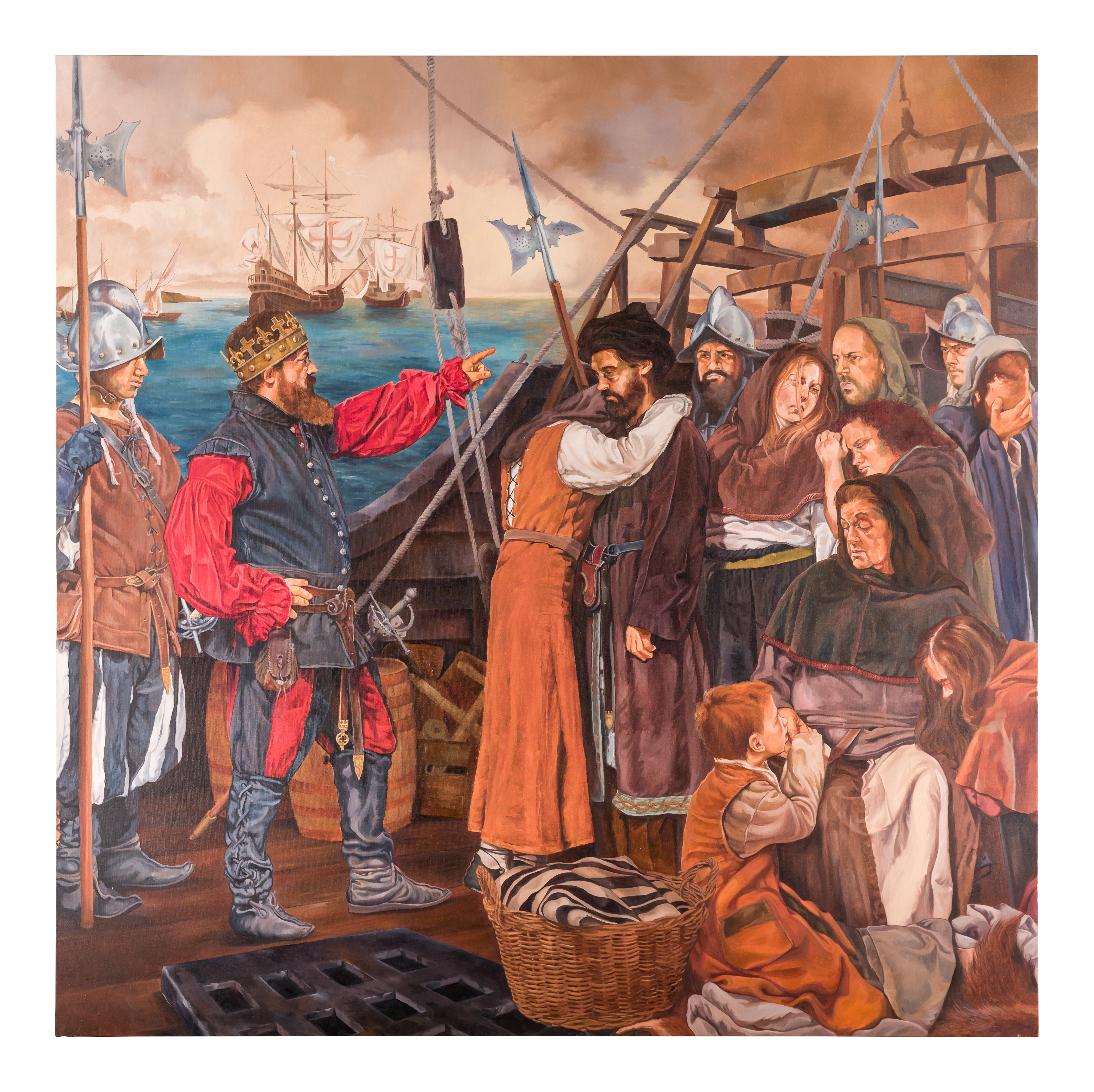
The Edict of Expulsion in Portugal, in 1496, and the implementation of the Inquisition in 1536, did not lead to the flight of all Jews from Oporto. Most remained in the city for generations. Only the inquisitorial Visitation of 1618 managed to tear apart the social, economic and financial system of the city. Once the "businessmen" were crushed, there was then a great migratory wave of New Christians, who said goodbye to the land of their ancestors.
In a document from 1623, the Municipality of Oporto lamented the loss of its very enterprising and successful "New Christian" community, which was torn from the city by the elites of Lisbon. "The business people, if any existed at any time in this city, ceased with the arrests that took place by the Holy Office".































